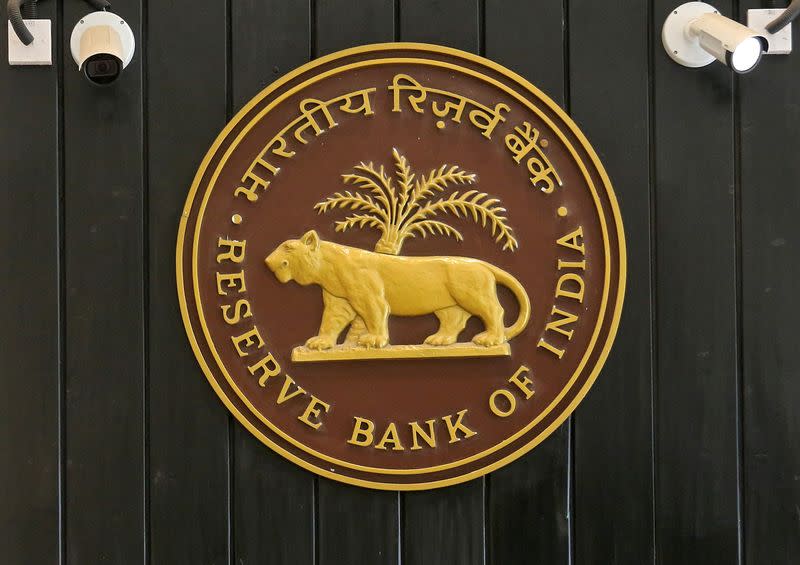Factbox-India central bank scrutiny of financial firms leads to restrictions

By Jaspreet Kalra and Siddhi Nayak
MUMBAI (Reuters) - The Reserve Bank of India's (RBI) increased scrutiny of banks and other financial firms has resulted in a spate of supervisory restrictions, most recently on two Edelweiss Group companies for engaging in 'evergreening' of distressed assets.
On Tuesday, the RBI said Edelweiss Asset Reconstruction Co Ltd (EARCL) and non-banking firm ECL Finance (ECL) had entered into a series of structured transactions for evergreening some stressed loans, barring both firms from acquiring financial assets or undertaking structured transactions.
Since 2020, the RBI has placed business restrictions on many players. The following are some of its key actions:
HDFC BANK
In December 2020 the RBI ordered HDFC Bank to stop all launches of new digital products and issuance of new credit cards following multiple outages on the bank's digital banking channels.
The restrictions lasted until March 2022 which hindered the bank's business growth, contributing to underperformance of its stock compared to its peers.
BANK OF BARODA
In October 2023, the central bank barred state-run Bank of Baroda from adding customers to its mobile app, bob World.
Al Jazeera reported that Bank of Baroda had linked mobile numbers of strangers to boost registrations on the application, compromising security.
The restriction was lifted earlier in May after the bank rectified the deficiencies.
BAJAJ FINANCE
In November 2023 the RBI ordered India's largest non-bank finance company (NBFC), Bajaj Finance, to stop offering loans under two of its lending products.
The restrictions were levied due to non-adherence with the central bank's digital lending guidelines and were reversed earlier this month.
PAYTM PAYMENTS BANK
At the end of January 2024 the RBI asked Paytm Payments Bank to wind down its operations by March 15 due to persistent compliance issues and supervisory concerns.
Reuters reported that the RBI's concerns stemmed largely from violations of rules on customer due diligence, use of funds and technology infrastructure.
IIFL FINANCE
In early March 2024 the RBI barred IIFL Finance, an NBFC, from offering gold loans, citing concerns about the lender's assessment of the gold collateral and violations of the maximum permitted loan-to-value ratio, among other issues.
The restrictions are still in effect.
JM FINANCIAL
Also in March 2024, non-bank financier JM Financial was barred from giving out loans against shares and debentures due to regulatory violations and governance concerns.
The central bank said it found serious deficiencies in respect of loans sanctioned by the company for IPO financing. The non-bank lender continues to be barred from operating in the segment.
(Reporting by Jaspreet Kalra and Siddhi Nayak; Editing by Nivedita Bhattacharjee)

 Yahoo Finance
Yahoo Finance 